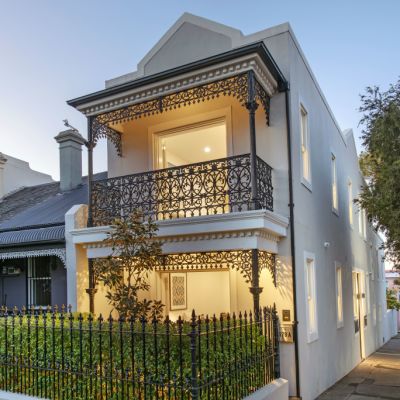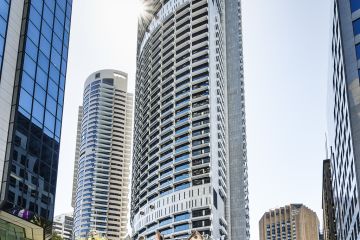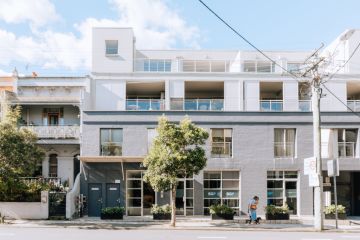First-home hopefuls set to save cash in new lockdowns – if they can keep their jobs
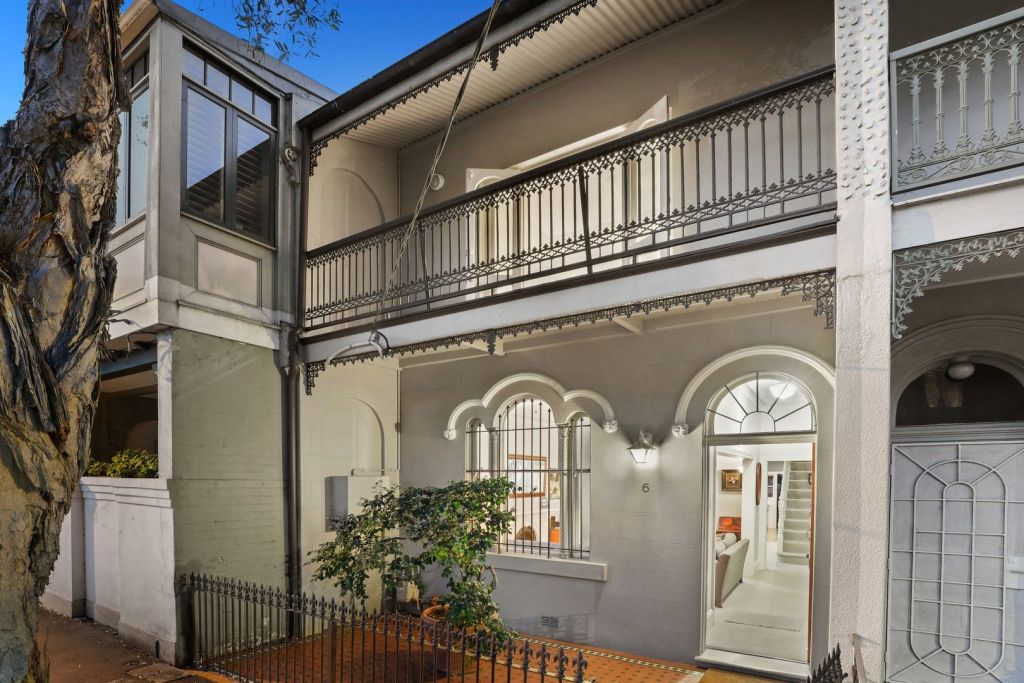
Locked-down home-buying hopefuls are set for a savings boost – if they’re among the workers lucky enough to keep their jobs during the latest COVID-19 outbreaks.
With Sydney residents facing an extended lockdown, Victorians to stay at home an extra week and South Australia starting its own lockdown, opportunities for spending will be limited, with restaurants limited to takeaway, non-essential retail only offering click and collect, the events industry closed and travel off the cards.
In previous lockdowns, household savings jumped as workers had less chance to spend their cash, and some then pounced on the opportunity to buy a home. Many who lost work received increased government support payments such as JobKeeper, although the stimulus on offer to workers this time has fallen to $600 a week from $750.
“A lot of money is going to be saved while we’re in lockdown, largely because the hit to expenditure in the economy is so much greater than the hit to incomes,” Commonwealth Bank head of Australian economics Gareth Aird said. “The reason the hit to income is not as big is because the government puts in support payments.
“There are a whole lot of shops that are closed. Savings will go up, and they’ll go up quite quickly.”
He expects a quick rebound in spending once the economy is able to reopen, while some of the savings is also flowing into mortgages or offset accounts.
“In terms of money going into the housing market, it might be going into the housing market to the extent people are able to save quicker for a deposit.”
But first-home buyers’ savings were also multiplied: when they borrowed at low interest rates, the new lending flowed into housing, and this had driven the market, he said.
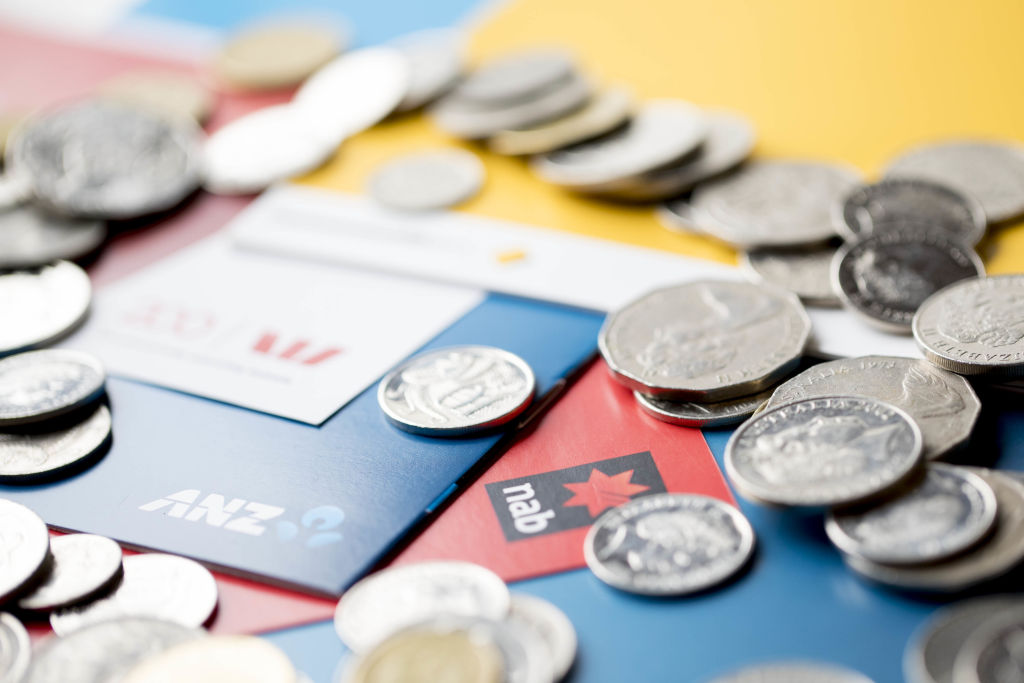
As a secondary boost to savers, it’s tax time, and refunds could be in store.
This includes the low and middle-income tax offset, available at a value of $1080 to workers earning from $48,001 to $90,000 a year.
Canstar group executive of financial services Steve Mickenbecker said some employees would be in line for a tax refund at this time of year.
“If you think you’re going to be in line for a tax refund, get your paperwork in,” he said.
“Obviously, you want to do everything you can do in this period to not come out of it with a sustained debt.”
He expects workers stuck at home to save cash but notes the differences to last year – there’s no $20,000 early release of superannuation this time, and the income support is lower for the many who are thrown out of work during virus outbreaks.
“When you have a lockdown, undoubtedly there are fewer opportunities to spend money,” he said.
“If you have retained your income, I would expect household savings to improve as it did the first time around.
“I do expect more people will put more money away, provided they’ve kept their income.”
But he warned that if the Sydney lockdown continued for a very long period, there was a risk that jobs would be lost, and affected households might not be able to keep saving.
AMP Capital chief economist Shane Oliver expects locked-down workers who keep their jobs to save cash, although perhaps not to the same extent as in March-April 2020.
“There was a lot more uncertainty last year, consumer confidence literally collapsed because this was all new, lockdowns and staying at home, no-one knew whether JobKeeper would work, no-one knew whether lockdown would work,” Dr Oliver said.
“This time, we have had the experience of lockdowns before. They do seem to work, and there’s also hope from the vaccines.
“People are being forced to stay at home, they can’t go out and spend, they’re getting a wage from their employer or getting a payment. All of those things will probably see the savings rates go up, albeit not to the same degree as last year.”
But there’s a catch for anyone saving to buy their first home once the current lockdowns end.
Housing prices have soared over the past year, and some government incentives such as HomeBuilder have ended, although the First Home Loan Deposit Scheme is still in place.
“First-home buyers had a good trot at it through the second half of last year,” Dr Oliver said.
“The real problem is house prices are … depending on which city you’re in, somewhere between 15 to 20 per cent higher than they were through the low point last year.
“Even though first-home buyers might be able to save more, there probably won’t be the rush of first-home buyers into the market there was through the second half of last year because affordability is a lot worse, [and] there’s not quite as many incentives as there were back then.”
We recommend
We thought you might like
States
Capital Cities
Capital Cities - Rentals
Popular Areas
Allhomes
More
- © 2025, CoStar Group Inc.

